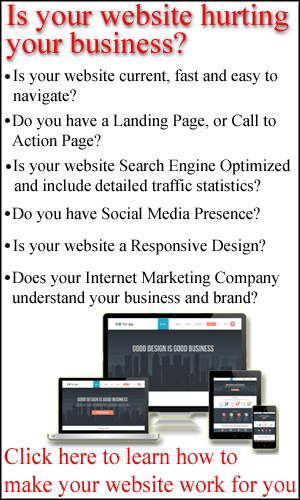
Buying a car vs leasing
When it comes to acquiring a new vehicle, individuals often find themselves pondering the age-old question: Should I buy or lease? The decision to buy a car entails becoming the owner, while leasing allows for temporary possession with the option to return the vehicle at the end of the lease term. Both choices come with their own set of advantages and considerations, making it essential to carefully evaluate personal circumstances and preferences before making a final decision.
Buying a car offers several long-term benefits. Firstly, ownership provides individuals with the freedom to customize and modify their vehicles to suit their specific needs and preferences. Additionally, buying a car eliminates the concern of mileage restrictions, allowing for unrestricted driving and road trips. Furthermore, over time, owning a car offers the potential for equity, as payments contribute towards building ownership and eventually, outright possession. With each payment made, the value of the vehicle becomes increasingly tangible.
On the other hand, leasing a car comes with its own unique set of advantages. For individuals who prefer driving the latest models with cutting-edge features, leasing provides the opportunity to regularly upgrade to newer vehicles at the end of each lease term. Leasing typically requires lower upfront costs and monthly payments compared to buying, allowing for more affordable access to high-end vehicles. Additionally, leased vehicles are usually covered by manufacturer warranties, ensuring that any unexpected repairs and maintenance costs are minimized. Furthermore, at the end of the lease, there is no need to worry about reselling or trade-in negotiations.
However, leasing a car also has certain drawbacks. Firstly, lease agreements generally come with mileage restrictions, and exceeding the predetermined limit can result in costly penalties. Moreover, while leasing provides access to newer models, it means consistently making monthly payments without building equity or ownership. For those who prefer long-term stability, the continuous cycle of leasing may not be the most financially advantageous choice.
In conclusion, the decision to buy or lease a car depends on personal circumstances and priorities. Buying offers long-term ownership and the ability to customize, but comes with higher costs and maintenance responsibilities. On the other hand, leasing provides access to newer models with lower upfront costs and maintenance coverage, but lacks ownership benefits and requires adherence to mileage limitations. Weighing the pros and cons of each option and considering one’s preferences, financial situation, and long-term goals will guide individuals in making the most suitable choice for their specific needs and lifestyle.




